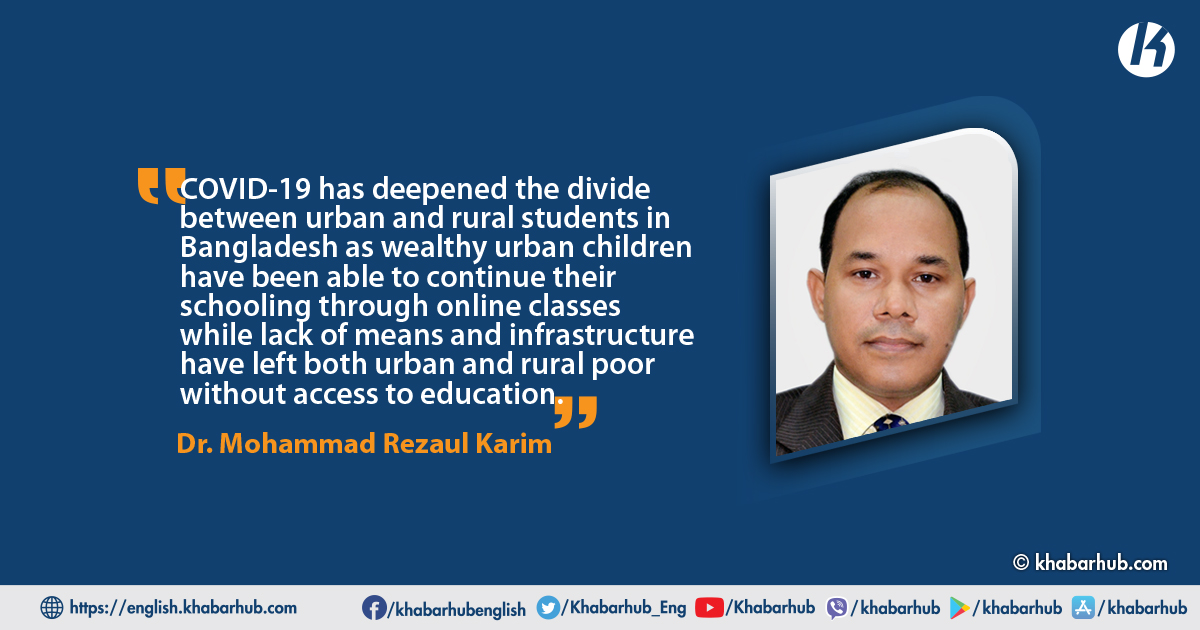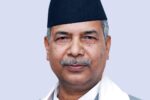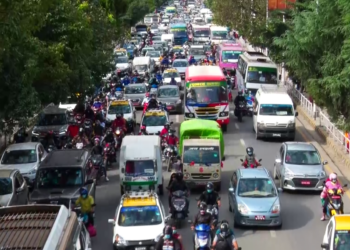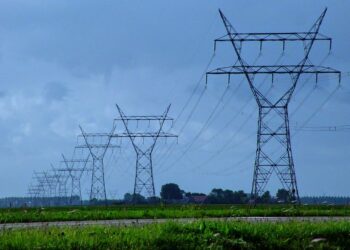Bangladesh shows its enviable progress in all indicators for which it is considered as one of the emerging economies in the world.
It has remarkable success in social indicators such as lower child mortality rate (2.4% in 2020), maternal mortality rate at the time of birth (1.73% in 2017), increase of women’s participation in employment (36.37% in 2019), 98% enrolment at primary school, decrease in child marriage and economic indicators such as, higher GDP growth rate even in pandemic (5.2%), per capita income (US$2064 in 2020), increasing forex reserve fund (US$44.02bn on 28 February 2021), graduation to a middle-income country.
However, the progress is suddenly decelerated due to the detrimental effects of coronavirus.
In many sectors, which are likely to be highly impacted by COVID-19, education is probably the most seriously affected one across the world including Bangladesh.
The prolonged closure of the school is causing education a crisis with its multiple effects at present and years to come.
At the tertiary level, all universities including the public started online classes where the private universities with students mostly from affluent families are well ahead.
Effects are spiraling on overall socio-economic and cultural development. Researchers remark that the elongated closure will result in exposing and amplifying inequality between the rich and poor, which will hit hard the impecunious section.
The South Asian Network on Economic Modeling forecasts poverty rate may double to 40.9% from that prior to the onset of the pandemic, which means vulnerable people will become more vulnerable.
There is a huge possibility to widen the gap between and among rural and urban. Child labor, child marriage, violence against the girl child, rape are likely to increase, as they don’t have involvement with the study.
Researchers found that as women and girls tend to have limited access to digital devices due to the power dynamics in family structures, the situation will be exacerbated.
Traditionally, rich and urban people do not send their children to government primary, which are only for rural or urban poor.
The government has taken measures, which seem inadequate and lack a structurally designed mechanism to benefit that underprivileged group.
Variation and Severity of Education Inequality
COVID-19 deepens the divide between urban and rural students in Bangladesh as wealthy urban children can continue their schooling online during the pandemic while lack of means and infrastructure has left both urban and rural poor without access to education.
Thus, the education inequality widens and stays across the country. It varies among and between rural and urban, poor and rich, boys and girls, primary and secondary, public and private institutes.
At the tertiary level, all universities including the public started online classes where the private universities with students mostly from affluent families are well ahead.
The online class system requires a laptop or smartphone with internet access that poor students cannot usually afford.
Study shows that at least 30% university students are unable to attend online class, which is negligible for private university case.
These sufferers 30% students are from a rural and poor family. Inequality between the two types of universities is cogently visible.
Further, schoolteachers from the capital Dhaka started pre-recorded classes by broadcasting through state-run television channels for children across the country.
The fact is that 5% do not have mobile phones and 50% of households do not have a television means that a significant number of children have been kept outside its ambit.
There would be a huge mental gap regarding the real learning between these corona-stricken students and generally brought up students irrespective of rural and urban, rich and poor.
Higher secondary schools and colleges also started their teaching through WhatsApp, zoom, Facebook groups that are only accessible to a group of people from a well-off family of the urban area.
The government opted for making online lessons through a Youtube channel that requires internet accessibility. Putting aside the effectiveness and quality of online classes, students from rural can never think of any sort of involvement in the study because of insolvency, and lack of internet facilities.
Traditionally, rich and urban people do not send their children to government primary, which are only for rural or urban poor.
Although one section of the religious group kept education institutes open and continued teaching during the pandemic, general schools for mass people are completely shut since the outbreak of COVID and it is unknown when these will open.
As a result of the closure of schools and consequences of COVID-19, it is estimated that one-third of students will never return to school, dropouts will rise significantly, child marriage will likely be increased, the living standard will drastically decline.
The recent report of Save the Children on 28 countries including Bangladesh warns of the high risk of dropping out of schools, gender-based violence, and child marriage.
Another study of Manusher Jonno Foundation, an NGO, found that 462 girls were the victims of child marriage in June 2021 which was about 2.5 times higher than that of the previous month.
Ultimate recurring loss due to the protracted closure of education institutes will amplify the social inequality impacting living standard, social harmony, job market, values, customs, a culture where the poor will be the most sufferer. It may take several years to reach the position we achieved in recent years.
A group of young students has already lost their sweet childhood, enjoyable school life, a loving association of friends and peers leaving them as a socially excluded fraternity that would never be compensated.
In order for a better and effective result, a monitoring system comprising of the existing school governing committee and teaching fraternity can likewise be utilized.
There would be a huge mental gap regarding the real learning between these corona-stricken students and generally brought up students irrespective of rural and urban, rich and poor.
Government initiatives
The big success of whole country electricity and internet coverage has already been producing better results and establishing an enabling environment of online learning.
The benefit of the government manifestation- ‘Digital Bangladesh’ has been enormously blessing during the pandemic.
Besides, laptop renting, giving loans for buying a laptop and smartphone, low priced internet package is among the education-friendly initiatives taken by the government for continuing education and maintaining the mental growth of children.
Targeting the poor students was the main objective so that the paucity of digital means can never be an obstacle for them.
Of course, minimizing the inequality gap was the key purpose behind this imitative. All primary and secondary students received new books on the eve of New Year that they usually get as a gift of the Prime Minister.
Despite the closure of education institutes, books were distributed among the students maintaining the health protocol.
Inoculation program targeting all teachers and students has also been pledged so that students can continue schooling. But the second wave shuttered again.
Conclusion and way forward
Although young students are corrigible with the change because of their tender age, the uncertainty of opening school and being immersed in regular academic activities may take a much longer time that will not only delay reviving the normal education system but also the learning style.
However, various mechanisms should be taken short-term and long-term basis to compensate for the huge loss.
The highest administrative departments can centrally develop alternative study system consisting of weekly and monthly assignment options and implement during the pandemic.
It is needless to say that teachers are being paid and students are also being provided a stipend, which means both have the moral duty to comply with the mechanism.
Several measures are proposed by UNICEF, which are comprehensive social protection, elimination of school fees, easy access to credit for poor households can be followed to bring back children to school, especially after the pandemic.
In order for a better and effective result, a monitoring system comprising of the existing school governing committee and teaching fraternity can likewise be utilized.
Remote areas, which are posing to most vulnerability, can be connected utilizing mobile-based learning through voice SMS with the help of contributing NGOs in this field.
This mobile-based learning system can be scheduled as a regular program like a radio-learning system continued for adult learners back in the 1980s in Bangladesh.
Besides, the government can introduce home-schooling for disadvantaged students through feature phones to put a brake on dropout and child marriage rates in vulnerable communities.
Several measures are proposed by UNICEF, which are comprehensive social protection, elimination of school fees, easy access to credit for poor households can be followed to bring back children to school, especially after the pandemic.
Furthermore, keeping students active in studies is not merely a task of formal learning at schools by the teachers, parents must play the role of engaging their children in the regular study at home.
(The author is a faculty member at Bangladesh Public Administration Training Centre (BPATC)- the apex-training institute for the civil servants of Bangladesh)









Comment